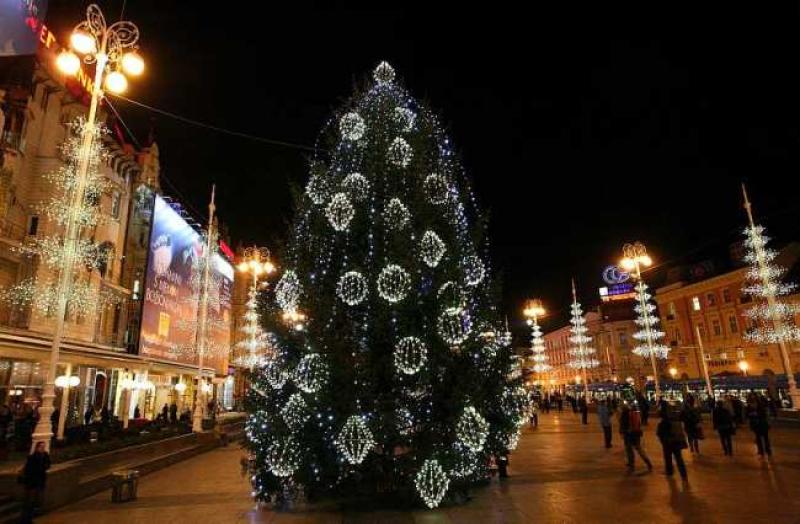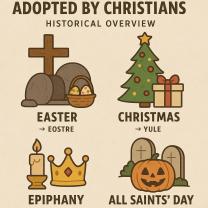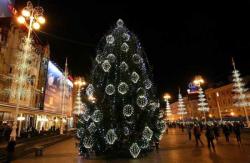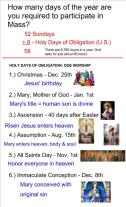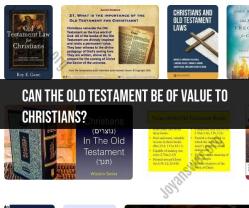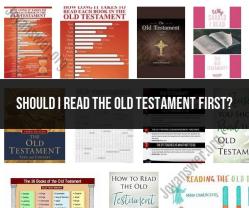What holidays do Roman Catholics celebrate?
Roman Catholics celebrate a variety of holidays and feasts throughout the liturgical year, each with its own significance and theme. The liturgical calendar organizes these observances into different seasons, marking various events in the life of Jesus Christ, the Virgin Mary, and the saints. Here are some of the major holidays and feasts that Roman Catholics celebrate:
Advent:
- Advent marks the beginning of the liturgical year. It is a season of preparation and anticipation for the celebration of the birth of Jesus Christ at Christmas. Advent typically begins on the Sunday closest to November 30.
Christmas:
- Christmas celebrates the birth of Jesus Christ, the Son of God, on December 25. It is a joyful feast commemorating the Incarnation.
Epiphany:
- Epiphany, observed on January 6 (or the Sunday between January 2 and January 8), commemorates the visit of the Magi to the infant Jesus. It highlights the revelation of Christ to the Gentiles.
Feast of the Presentation of the Lord (Candlemas):
- Celebrated on February 2, this feast commemorates the presentation of Jesus in the Temple and the purification of the Virgin Mary.
Ash Wednesday:
- Ash Wednesday marks the beginning of the season of Lent, a period of penance, fasting, and prayer. It is movable and falls approximately 40 days before Easter.
Lenten Season:
- Lent is a 40-day period of preparation for Easter. It begins on Ash Wednesday and concludes on Holy Saturday. It is a time of fasting, repentance, and spiritual discipline.
Holy Week:
- Holy Week includes the events leading up to Easter, such as Palm Sunday (Jesus' entry into Jerusalem), Holy Thursday (Last Supper), Good Friday (crucifixion), Holy Saturday (vigil), and Easter Sunday (resurrection).
Easter:
- Easter is the most important feast in the Christian calendar, celebrating the resurrection of Jesus Christ from the dead. It is a movable feast and falls on the first Sunday after the first full moon following the vernal equinox.
Feast of the Ascension:
- Celebrated 40 days after Easter, the Feast of the Ascension marks Jesus' ascent into heaven.
Pentecost:
- Celebrated 50 days after Easter, Pentecost commemorates the descent of the Holy Spirit upon the apostles. It marks the birth of the Christian Church.
Trinity Sunday:
- Observed on the Sunday after Pentecost, Trinity Sunday celebrates the Christian doctrine of the Holy Trinity: one God in three persons – Father, Son, and Holy Spirit.
Feast of the Most Holy Body and Blood of Christ (Corpus Christi):
- Celebrated on the Thursday after Trinity Sunday (or the Sunday after Trinity Sunday in some regions), this feast honors the real presence of Jesus Christ in the Eucharist.
Solemnity of the Sacred Heart of Jesus:
- Observed on the Friday 19 days after Pentecost, this solemnity focuses on devotion to the Sacred Heart of Jesus, symbolizing Christ's love and compassion.
Feast of the Immaculate Heart of Mary:
- Celebrated on the Saturday following the Feast of the Sacred Heart, this feast honors the Immaculate Heart of Mary, emphasizing her love, purity, and compassion.
Feast of All Saints:
- Celebrated on November 1, All Saints' Day honors all saints, known and unknown. It is followed by All Souls' Day on November 2, which commemorates the faithful departed.
Feast of Christ the King:
- Celebrated on the last Sunday of the liturgical year, Christ the King Sunday honors Jesus Christ as the universal sovereign.
These are some of the major holidays and feasts observed by Roman Catholics throughout the liturgical year. The liturgical calendar provides a structured framework for worship and reflection, guiding Catholics through the key events of the Christian faith. Keep in mind that local customs and practices may influence the observance of certain feasts in different regions.
Roman Catholic holidays encompass a rich tapestry of celebrations, commemorating significant events in the life of Jesus Christ, the Virgin Mary, and various saints. These holidays hold deep spiritual meaning and are observed through diverse customs and traditions across the globe.
Major Holidays and their Significance
- Christmas (December 25th): Celebrates the birth of Jesus Christ, the Son of God, and the start of the Christian era.
- Easter Sunday (Varies yearly): Commemorates the resurrection of Jesus Christ from the dead, signifying redemption and eternal life.
- Pentecost (50 days after Easter): Celebrates the descent of the Holy Spirit upon the disciples of Jesus, marking the birth of the Church.
- Lent (40 days before Easter): Period of reflection and preparation for Easter, commemorating Jesus' 40 days of fasting in the desert.
- Feast of the Assumption (August 15th): Celebrates the bodily assumption of the Virgin Mary into heaven.
- All Saints' Day (November 1st): Honors all the saints, recognized and unrecognized, in heaven.
Observances and Commemorations
- Mass: Attending Mass, the central act of Catholic worship, is a key way to observe most holidays. Special readings, hymns, and rituals highlight the significance of each occasion.
- Sacraments: Some holidays involve receiving specific sacraments, such as baptism on Easter Sunday or confirmation on Pentecost.
- Devotional Practices: Prayers, novenas (nine-day prayer sessions), and pilgrimages are common ways to deepen spiritual connection during important holidays.
- Feasts and Festivals: Many communities organize festive celebrations with traditional food, music, and dances to mark specific holidays.
Customs and Traditions
- Local Variations: Specific regions and cultures have unique customs for celebrating holidays, adding diverse flavors to the Catholic experience. For example, in Mexico, Christmas includes nativity scenes called Nacimientos, while in Poland, Easter involves traditional blessings of food baskets.
- Family Traditions: Families often develop their own special traditions for celebrating holidays, such as preparing specific dishes, exchanging gifts, or attending church services together.
- Saints' Feasts: Each saint has a designated feast day celebrated with special prayers, processions, and sometimes even local festivals honoring their lives and legacies.
Conclusion
Catholic holidays offer a vibrant tapestry of spiritual meaning, diverse observances, and rich cultural traditions, uniting Catholics worldwide in celebrating their faith throughout the year.
